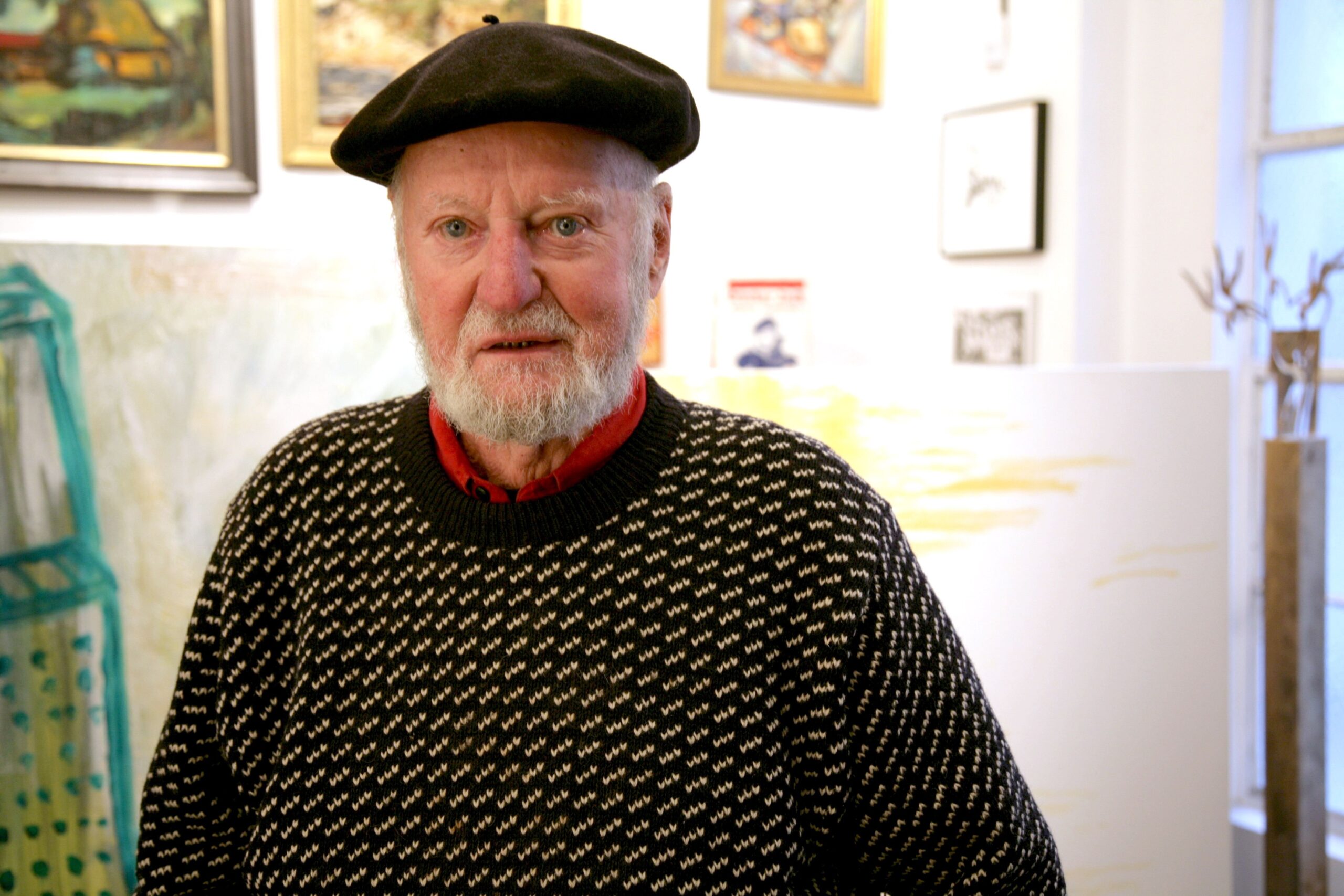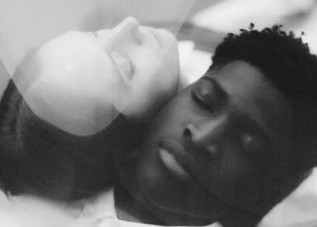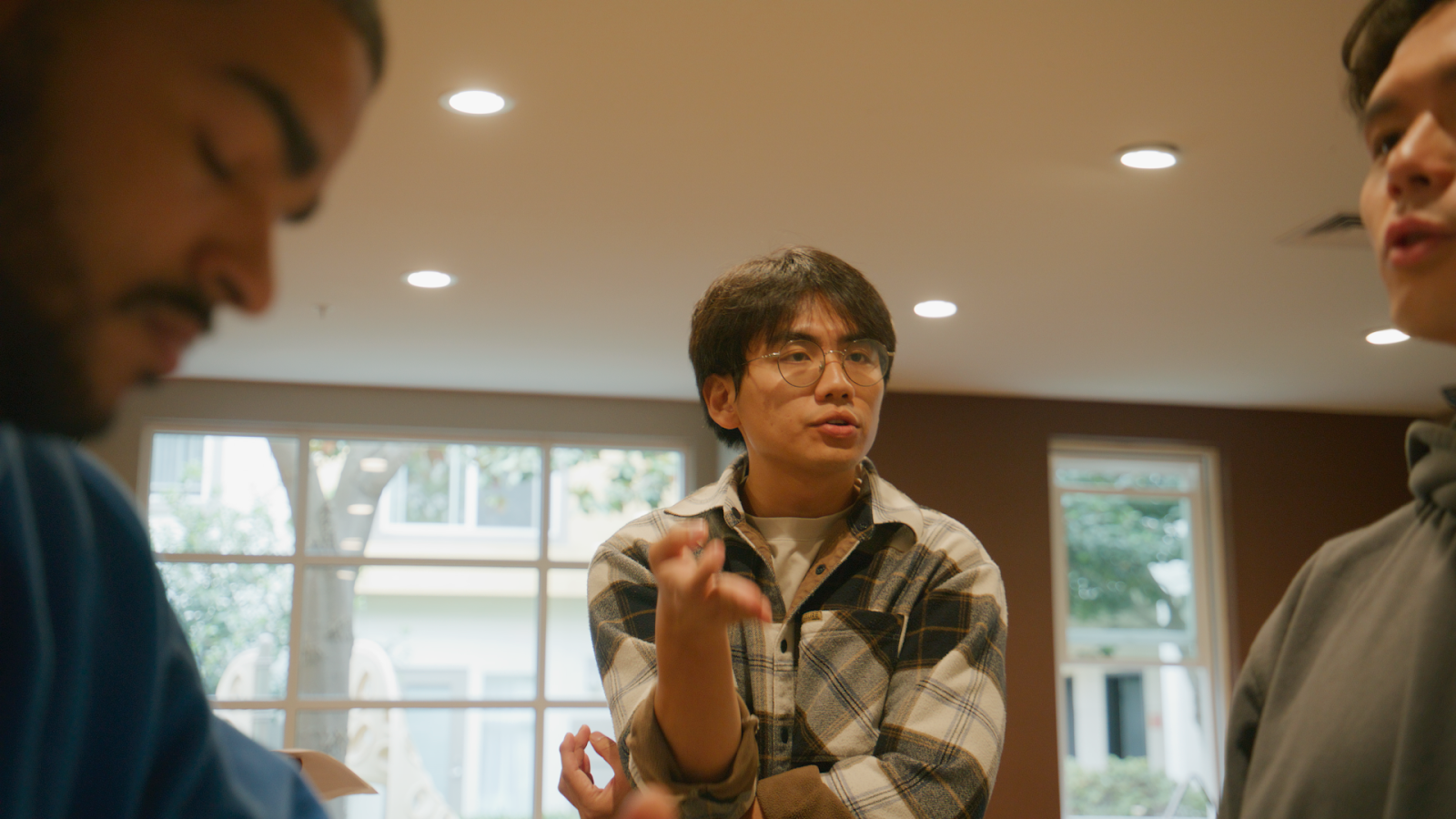Poetry, often thought of as a stuffy and anachronistic form by modern youth, has historically been inextricably linked to revolution.
And rarely has a generation of poets been more subversive than the beat generation, the anti-establishment artists and activists who first began to emerge in the 1950s. In the center of the movement, particularly in San Francisco’s North Beach, was Lawrence Ferlinghetti and his City Lights bookstore.
City Lights became a haven and meeting place for poets like Allen Ginsberg, Gregory Corso, Michael McClure and other iconic beat voices and cultural outsiders. While Ferlinghetti and his store were the axis around which much of San Francisco’s counterculture spun, he didn’t consider himself a beat poet.
“In some ways what I really did was mind the store,” he told The Guardian in 2006. “When I arrived in San Francisco in 1951 I was wearing a beret. If anything I was the last of the bohemians rather than the first of the Beats.”
But Ferlinghetti was certainly prolific for a mere storekeeper, publishing over 30 collections of poetry throughout his career. His most famous book, A Coney Island of the Mind (1958), was one of the most successful poetry collections of its time, selling well over a million copies worldwide.
His other titles include: Time of Useful Consciousness (2012), Poetry as Insurgent Art (2005), San Francisco Poems (2001), How to Paint Sunlight: Lyric Poems and Others (1997–2000), A Far Rockaway of the Heart (1997), These Are My Rivers: New and Selected Poems (1955–1993), and Endless Life: Selected Poems (1981).
His work earned him the National Book Critics Circle’s Ivan Sandrof Lifetime Achievement Award, the Robert Frost Memorial Medal, and the National Book Foundation’s Literarian Award, among other honors.
Not only was Ferlinghetti a great poet in his own right, he was also a great contributor to the technique and philosophy of the art of poetry. He published many now-legendary poems, including in 1956 when he published Allen Ginsberg’s most famous poem, “Howl,” which led to Ferlinghetti’s arrest for “willfully and lewdly” printing “indecent writings.” Ultimately, he was acquitted in a landmark first amendment decision.
In 2003, Ferlinghetti said of his life of poetry, “Every great poem fulfills a longing and puts life back together. A poem should arise to ecstasy somewhere between speech and song.”
Lawrence Ferlinghetti died yesterday at the age of 101, in his home in his beloved San Francisco, surrounded by his children and loved ones.
Here are five of Ferlinghetti’s most beloved poems to honor his revolutionary life.
The world is a beautiful place (1955)
Constantly Risking Absurdity (#15) (1958)
Related Articles Around the Web















